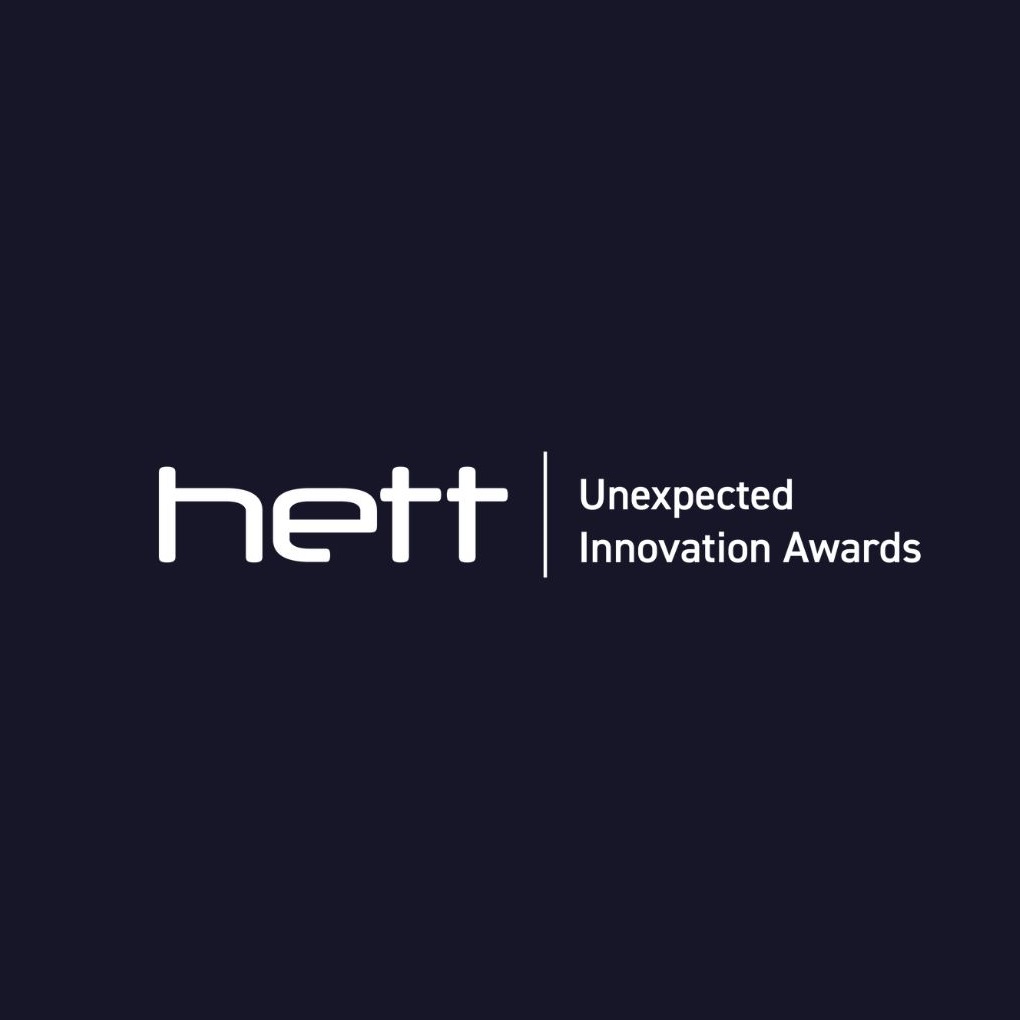The HETT Unexpected Innovation Awards returns in November 2022 to celebrate the very best in experimental design, collaboration, and leadership in digital healthcare.
The event showcases champions of digital health innovation and highlights some great stories of transformation. The awards bring together the health and care ecosystem and highlight best practice examples to inspire more to do the same
This award recognises excellence in digital service provision designed for children, young people and their families. The three shortlisted submissions for this category are:
Digital Futures Team, Paediatric Child and Adolescent Mental Health Team - Torbay & South Devon NHS Foundation Trust
Torbay is ranked as the most deprived local authority in the South West. The number of children looked after by the local authority remains amongst the highest in England and around 1 in 4 children continue to live in households where income is less than 60% of the median income. There are high levels of vulnerability in the population. Hospital admissions because of self-harm amongst 10 to 24-year-olds in Torbay have been significantly high. Schools in the region have a significantly higher rate of pupils recognised as having social, emotional and mental health needs.
The Digital Futures Team created an easy-to-use and easy-to-access smartphone application to address these key areas of concern. The app includes signposts to important resources and improved support for those struggling with their mental health.
The team identified some of the key issues facing young people and their families when accessing acute hospital services and aimed to remove the huge barriers for those already suffering from poor mental health.
The programme was evaluated through workshops, virtual consultations via MS Teams and Zoom, and online questionnaires with young people.
The digital interactive tool was developed collaboratively and organically within the paediatric and adolescent mental health pathway at Torbay Hospital, integrating with the current systems and procedures fully.
Alder Hey Children's NHS Foundation Trust
Alder Hey Children’s Hospital, in partnership with 13 organisations across three clinical commissioning groups (CCGs), has digitally innovated and transformed the children and young people’s mental health (CYPMH) service across the region.
Children and young people (C&YP), families and professionals’ feedback suggested that mental health services and resources were not accessible, and that difficulties in navigating the system make it hard to get support.
All referrals were paper based, with multiple points of entry for different organisations. Accessing referrals and advice was convoluted. This instigated additional stress during a time of significant crisis. The project aimed to streamline the process and make the user journey as easy as possible.
A web-based platform was built to provide a single point of access, and one digital referral form, and offer support and resources for C&YP, families and professionals. Using an open-innovation framework and utilising user-centred design processes has resulted in the successful deployment of this innovative digital service.
The web-based platform has digitally innovated and transformed the way children and young people’s mental health services are offered across the region. This essential service now has a single point of access with a consistent digital referral form for referees. It provides a unique, trackable, identification code, giving assurance to referees that they will not need to repeat information. Other organisations are now keen to utilise this service and implement their own web-based platform.
Impact VR - Sheffield Hallam University
The team aimed to develop immersive virtual reality (VR) scenarios for children with upper limb injuries, to facilitate a less painful and more effective recovery of limb movement.
A clinical trial of children aged 9-16, who were receiving rehabilitation after upper limb injuries or bone fractures, showed a reduction in the experience of pain. Enjoyment was rated as much higher than usual. Physiotherapists use a goniometer to record patients’ range of movement (ROM), which showed a marked improvement.
Playtests were carried out at Sheffield schools with physiotherapists to identify potential issues and steer the design of the system before the clinical trials.
The success of the upper limb rehabilitation trial led to the creation of a refined and portable version of the system that has been trialled in the homes of patients to reduce the strain on clinics and improve adherence to physiotherapy.
The physiotherapists who participated in the VR rehabilitation study felt that VR techniques of this nature would form the cornerstone of future rehabilitation, treatment and therapy.
Professor Paul Dimitri, Director of Research & Innovation at SCH, said: "We received very positive feedback about this novel rehabilitation method from health rehabilitation staff, patients and parents. It was clear that children who needed to undergo painful rehabilitation procedures rapidly overcame their pain to participate in the exercises to facilitate their recovery."
Stanford Children’s Hospital are finalising details to use this system on their platform for their patients and other hospitals across the US.
Visit the HETT Unexpected Innovation Awards 2022 website for more information about the categories and the upcoming awards ceremony.

The HETT Unexpected Innovation Awards will take place on 23 November 2022 to celebrate the very best in experimental design, collaboration, and leadership in digital healthcare.
%20(1).png?width=500&height=58&name=HETT%20insights%20logo%20RGB-04%20(1)%20(1).png)

